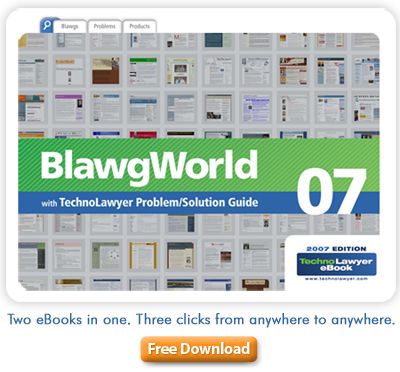More coverage of the Sears wheel-alignment case (see May 18) in which lawyers were slated to get $1 million and the client class $2,402 (not $2,402 apiece — $2,402 in the aggregate):
A North Carolina judge has harshly criticized the settlement of a class-action lawsuit in which a Wilmington lawyer and colleagues received $950,000 in fees while consumers who Sears overcharged across the country were reimbursed a total of $2,402.
Superior Court Judge Ben Tennille decried the excessive fees and the lack of effort made to reach customers who had paid too much for wheel alignments at Sears automotive centers. Tennille, who specializes in complex business cases, criticized Sears and the lawyers for trying to hide the settlement results from him.
“Their efforts to keep the results secret are understandable,” Tennille wrote in his May decision. “The shocking incongruity between class benefit and the fees … leave the appearance of collusion and cannot help but to tarnish the public perception of the legal profession.”…
“Doing the math in this case is easy,” the judge wrote. “For each class member who received a $10 check or $4 coupon, plaintiffs’ counsel received just shy of $3,000.”
(Joseph Neff, “Fleeced Sears patrons shorted again in settlement”, Raleigh News & Observer, Jul. 23; Ed Cone, Jul. 24). The settlement was initially brought to a wider audience’s attention by Nick Pace of the Rand Corporation at Consumer Law & Policy blog (May 17).

